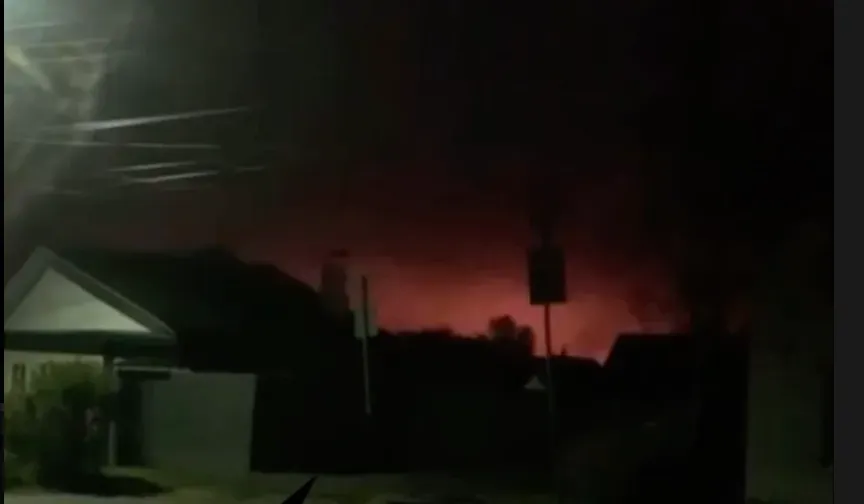EU approves 35-billion-euro loan for Ukraine using frozen Russian assets

European Union countries have approved an unprecedented plan to issue a 35-billion-euro ($37.2 billion) loan to support Ukraine's war-torn economy, using Russia's immobilized Central Bank assets as collateral.
The deal is part of a broader G7 initiative to provide €45 billion ($50 billion) in aid to Kyiv, struggling to counter a renewed Russian offensive that has severely damaged its power infrastructure.
Under the G7 plan, profits from Russia's frozen assets will gradually be used to repay the multi-billion-euro loan. EU officials said that the 35 billion loan will be "undesignated" and "untargeted," allowing Ukraine maximum flexibility in how it spends the funds. The EU expects to start distributing the money early next year.
The agreement, reached on Oct. 9 by EU ambassadors, follows Hungary's announcement that it would block a key sanctions reform until after the U.S. presidential election on Nov. 5.
The proposed amendment will extend the renewal period for sanctions on Russia’s frozen assets—valued at around €210 billion across the EU—from six months to 36 months. Unlike the loan, which passed by a qualified majority, changes to sanctions laws require unanimous approval.
"We believe that this issue should be decided – the prolongation of the Russian sanctions – after the US elections. That was the Hungarian position," Hungary's finance minister Mihaly Varga said on Oct. 8 following a ministerial meeting in Luxembourg, according to Euronews.
The longer renewal period aims to make the project more predictable and address concerns raised by G7 allies, particularly the U.S., which fears that a single EU member could block sanctions, unfreeze assets, and disrupt the entire plan. These fears are mainly directed at Hungary, known for blocking sanctions in exchange for controversial concessions.
According to the G7 plan, profits generated by the frozen assets will be used to gradually repay the money loaned to Ukraine. If these profits are no longer accessible, the West will be responsible for covering the costs.











